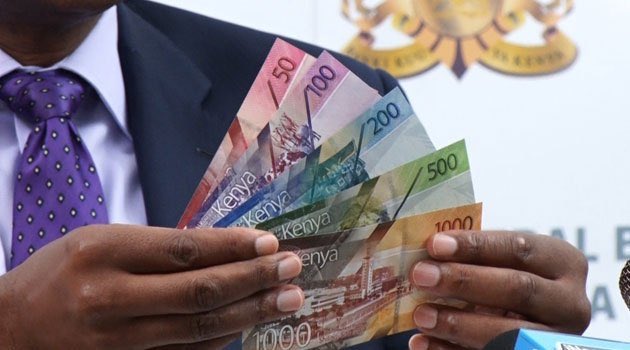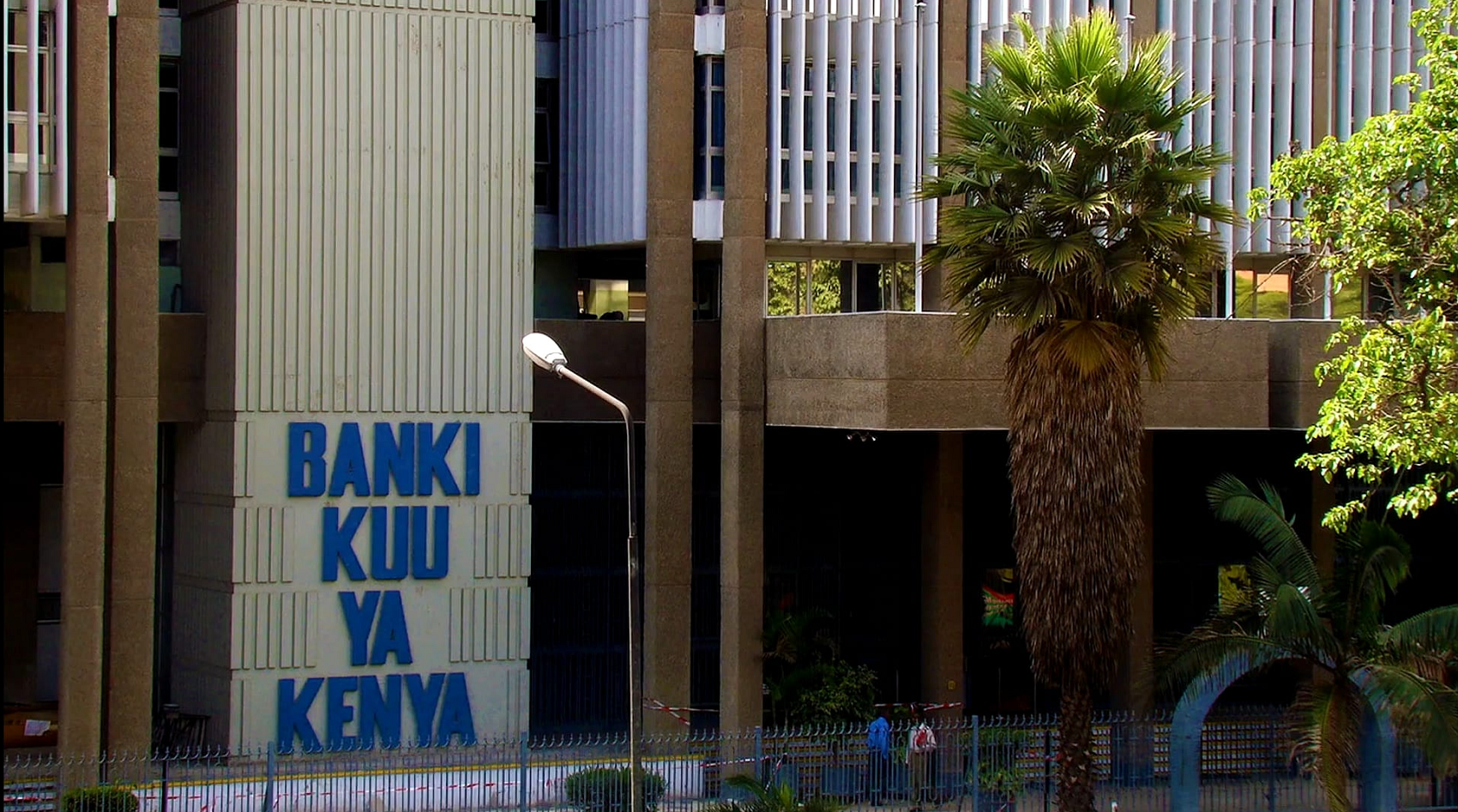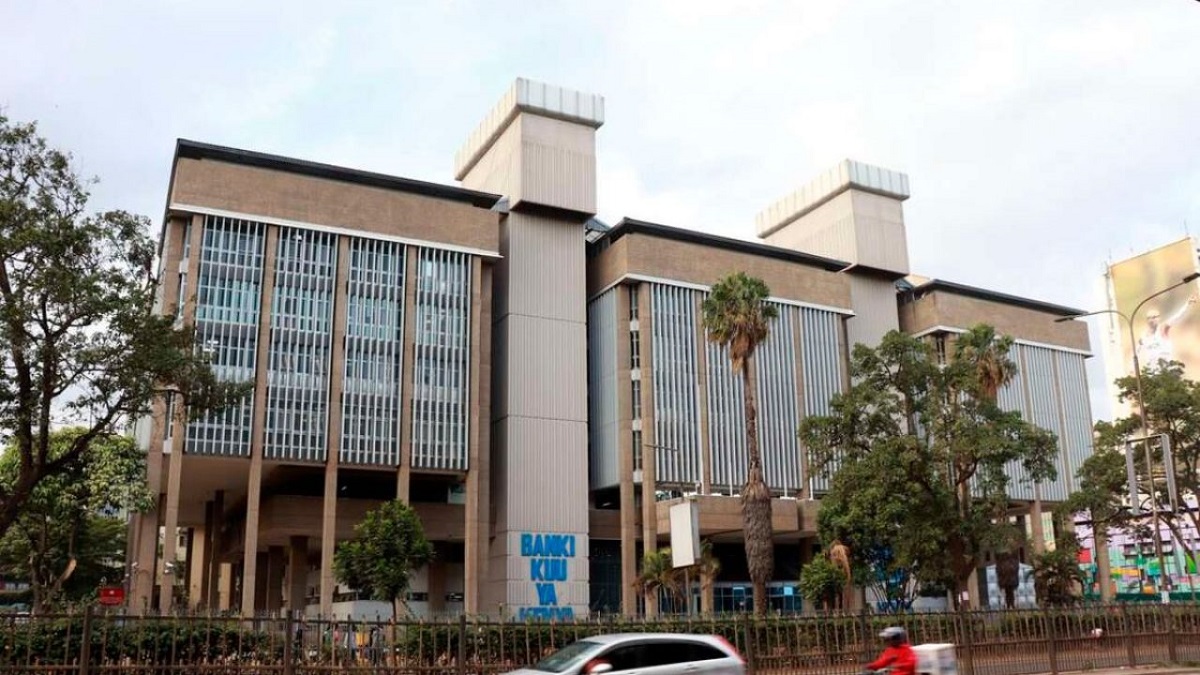It is the debate that has gripped a section of netizens, over whether Kenya’s bank notes have mistranslated or mistyped the Swahili form of Central Bank of Kenya.
CBK Governor Patrick Njoroge believes that what is currently inscribed on the new generation bank notes is what should subsist.
“The Central Bank of Kenya refers to Banki Kuu ya Kenya,” he said at a press conference on June 20.
A day previously, Kenyans on social media had debated the translation of the word bank to “banki” rather than to “benki” as per Kiswahili.
Tanzania, which like Kenya has Kiswahili as an official language, translates bank to “benki” on its legal tender.
Dr. Njoroge also explained how Kenya arrived at translating CBK to Banki Kuu ya Kenya.
The history ropes in deliberations within the Jomo Kenyatta cabinet in the mid 1960s, with Tom Mboya having the final say.
“Mr. Mboya, the Minister for Economic Planning, maintained that it was the translation of an English word, so ‘Banki’ and ‘Benki’ were both correct. It was decided deliberately that on currency, ‘Banki Kuu ya Kenya’ comes before ‘Central Bank of Kenya’,” said the CBK Governor.
[Read: Police lob teargas at activists protesting Sudan violations]
Dr Njoroge also said that the deadline for withdrawal of the old generation Ksh1,000 notes will
“There won’t be an extension. If you have an extension, it defeats the purpose. There’s no contemplation of an extension,” he said.
The CBK Governor said that come the last day of September, that will be it for the old generation Ksh1,000 notes to become legal tender, adding that there are still three months left to faze them out.
At the same time, Dr. Njoroge said that the CBK has been in touch with other central banks, including in the EAC and the rest of Africa and beyond. “We have asked them to apply enhanced due diligence on any flows going in and out of our jurisdiction. They are offering their co-operation,” he said.
[See Also: Eldoret man in gender identity fraud hid in plain sight]













Leave a comment